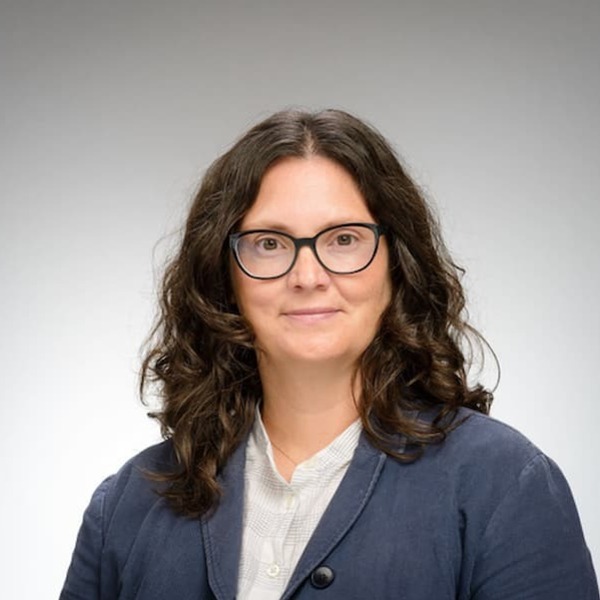Heather Wiebe

Teaching Professor, Program of Liberal Studies
Concurrent, Department of Music
Education
Education
Ph.D. (Music), UC Berkeley
M.A. (Musicology), McGill University
B.Mus. (Composition), University of Manitoba
Bio
Heather Wiebe’s research addresses music in relationship to issues of community, memory, and feeling in the twentieth century, with a particular focus on the Second World War and its aftermath. She arrived at Notre Dame from King’s College London, where she was Reader in Music. Previously, she was Assistant Professor at the University of Virginia and a postdoctoral fellow in the Michigan Society of Fellows. Wiebe is the author of Britten’s Unquiet Pasts: Sound and Memory in Postwar Reconstruction (Cambridge, 2012), which examines the intersections between musical production and a British project of reconstruction from the 1940s to the early 1960s, asking how gestures toward medieval and early-modern cultural artifacts were used to navigate trauma and renewal. It focuses on a set of choral and theatrical works by Benjamin Britten that engaged both with the distant musical past and with key episodes of postwar reconstruction, including the Festival of Britain, the Coronation of Elizabeth II, and the rebuilding of the bombed Coventry Cathedral. Her second book, Mobilizing Music in Wartime British Film (forthcoming from OUP), asks why the utility of music was so often thematized in wartime film. Tracing a cinematic discourse about music that emerged in the 1940s, she argues that music and sound were used to conceptualize total war and to test the limits of war’s reach into cultural and emotional life, in ways that continue to shape our thinking about the arts. For this project, Wiebe was awarded a Leverhulme Trust Research Fellowship.
More broadly, her work has been concerned with opera from the nineteenth century to the present; medievalism and revivals of early music in the twentieth century; obsolescence and revival; and issues of ritual and theatricality in music’s production of citizenship and community. Current projects address contemporary opera and performance art; the opposition of political and affective spaces in 1950s opera; and engagements with mysticism and silence as political responses in the mid-20th-century avant-garde.
Email: hwiebe@nd.edu
Phone: 574-631-9391
Office: 526 O'Neill Hall of Music